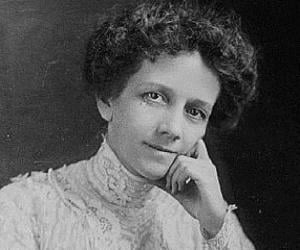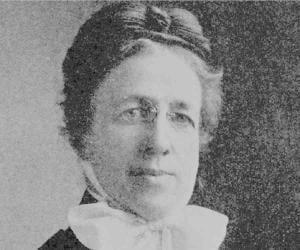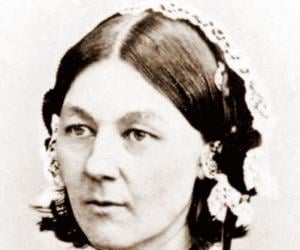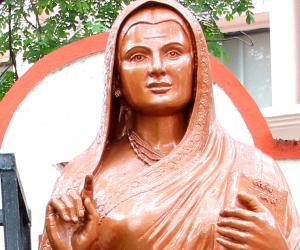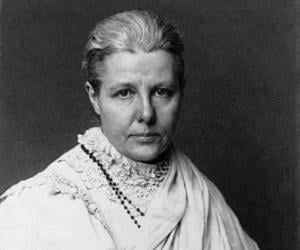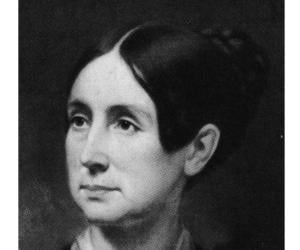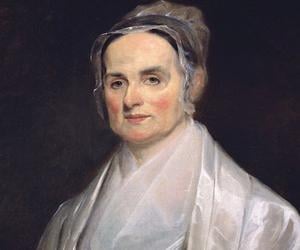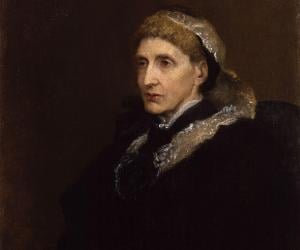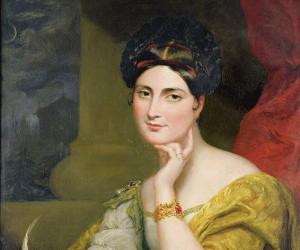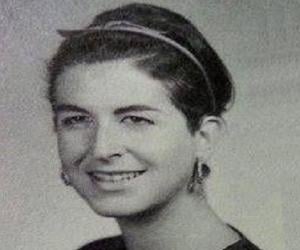Savitribai Phule was a revolutionary social reformer who dedicated her life to educate girls and bring about gender equality in the face of resistance from the conservative Indian society. Phule, who was illiterate till her marriage, went on to become a teacher, a feat considered first by an Indian woman. With her husband, she established schools for girls in Maharashtra.
Annie Besant was a British theosophist, socialist, writer, orator, educationist, women's rights activist, and philanthropist. Despite being British, Besant supported India's freedom movement and even joined the Indian National Congress. She is also credited with co-founding Banaras Hindu University. Besant also helped launch the Indian Home Rule movement to campaign for democracy in the country.
Dorothea Dix was an American advocate who fought for the welfare of the mentally ill. She helped create the first generation of mental asylums in the United States. Dix also played a key role during the Civil War, serving as a Superintendent of Army Nurses. In 1979, Dorothea Dix was made an inductee of the National Women's Hall of Fame.
Lucretia Mott was an American women's rights activist, abolitionist, and social reformer. Mott played a major role in the events leading up to the Seneca Falls Convention, the first gathering supporting women's rights in the USA. Lucretia Mott's work influenced Elizabeth Cady Stanton whom she mentored. In 1983, she was inducted into the National Women's Hall of Fame.
Renowned Victorian-era feminist and social reformer Josephine Butler was a champion for women’s suffrage and also fought against human trafficking. It is believed, she devoted herself to charity after the death of her 6-year-old daughter. She also forced Cambridge to encourage women’s education, which culminated in the Newnham women’s college.
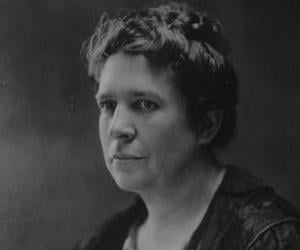
Florence Kelley was an American political and social reformer who pioneered the term wage abolitionism. Kelley's work for the minimum wage, children's rights, and eight-hour workdays are widely acclaimed today. After serving as the National Consumers League’s first general secretary, Florence Kelley helped found the National Association for the Advancement of Colored People (NAACP) in 1909.
Being the granddaughter of playwright Richard Brinsley Sheridan, author Caroline Norton had her first experience at writing in her teens. Her beauty and charm, however, made her failed barrister husband jealous. The rift in their marriage caused her to successfully campaign for married women’s right to property and their children’s custody.
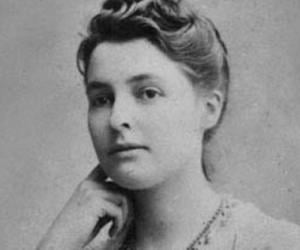
Sociologist Beatrice Webb is best remembered for coining the term collective bargaining. Along with her husband, Sidney Webb, whom she met at the Fabian Society, and others, Beatrice co-founded the London School of Economics. In spite of her lack of formal education, she was a prominent educator and an avid diarist.
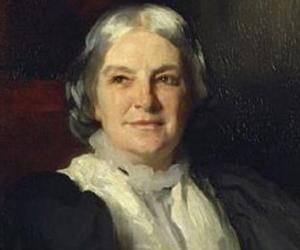
Social reformer Octavia Hill led the British open-space movement, which eventually led to the formation of the National Trust. Inspired by John Ruskin, she established her first housing project in a London slum. She later devoted her life to developing living conditions of the poor and utilizing open spaces.
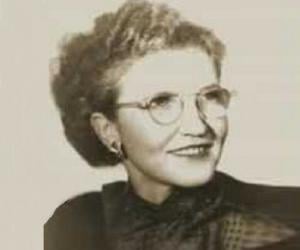
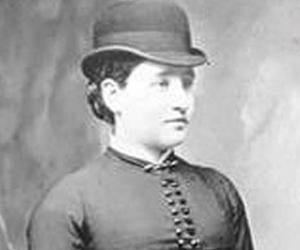
Austrian-Jewish feminist and social worker Bertha Pappenheim founded the Jewish Women's Association (Jüdischer Frauenbund), mainly with the objective of improving women's experiences in the Jewish community. She was treated by Austrian physician Josef Breuer for nervous symptoms and her case study (under the pseudonym Anna O.) found place in Breuer’s book Studies on Hysteria, co-authored with Sigmund Freud.
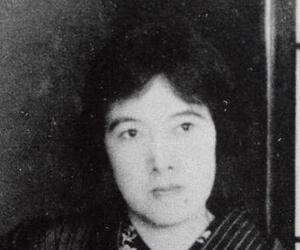
Yosano Akiko was a Japanese author, social reformer, poet, pacifist, and feminist. One of the most controversial and popular woman poets of Japan, Yosano was an important exponent of a genre of classical Japanese poetry called Tanka. She also contributed immensely to several publications like Bluestocking.

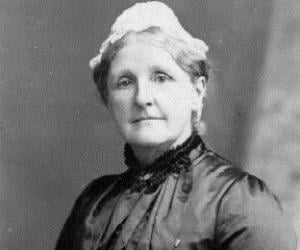
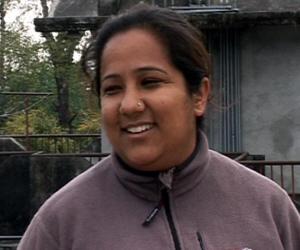

Part of the 18th-century London intellectual circle, socialite Elizabeth Montagu was a pioneering member of the Bluestockings, a group of women who engaged in evening conversations as a substitute to card-playing. The wife of affluent landowner Edward Montagu, she inherited his riches and later built the Montagu House.
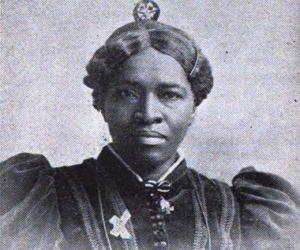
Born into slavery, Amanda Smith later stepped into freedom after her father bought his and his family’s freedom. Starting as a domestic help, she later became a missionary and a Holiness movement leader, who invested in women’s education wholeheartedly and even established an orphanage for Black girls.
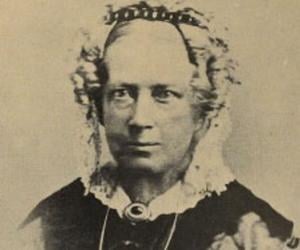
Educated at her Unitarian minister father’s school, Mary Carpenter grew up to form her own free schools for the poor, known as the ragged schools. Her work later took her to India and North America. She also established the National Indian Association to ease communication between Indian and British reformers.
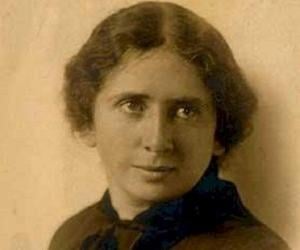
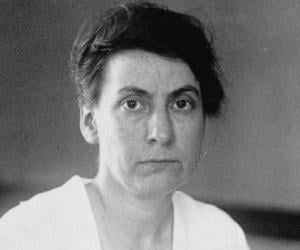
Grace Abbott is best remembered for her efforts toward securing reformation of child labor laws and the betterment of the work conditions of immigrant laborers. After her graduation, she moved to Hull House, where she focused on social work. She later penned books such as The Immigrant and the Community.
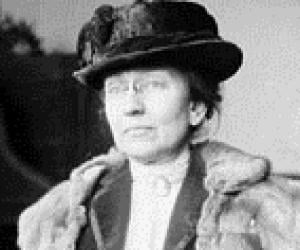
Ellen Gates Starr is best remembered for co-establishing the Hull House social settlement in Chicago along with activist Jane Addams. Initially an art student, she later dedicated her life for the betterment of immigrant factory workers and reformation for child labor laws. She later retired to a Roman Catholic convent.
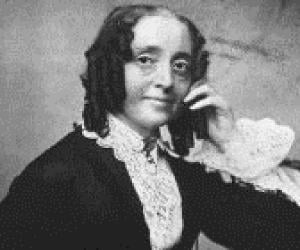
Born to a Polish rabbi, Ernestine Rose was much ahead of her times. As a teenager, she spoke up against the regressive Jewish customs that hindered women’s freedom. She later became a pioneering feminist and suffragist from her community and was also inducted into the National Women's Hall of Fame.
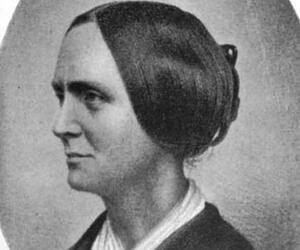
Born into a Quaker household, Abigail Kelley Foster later grew up to be a teacher and a strong anti-slavery advocate. Both she and her husband, Stephen Symonds Foster, also worked on women’s rights issues. She was also named to the National Women's Hall of Fame.
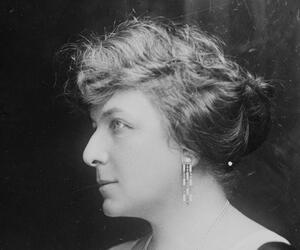
Born to an affluent New York banker, Florence Jaffray Harriman initially established herself as a well-known socialite. She later invested in social reform, organizing events and campaigns on child labor and related issues. She also served as an American minister to Norway during World War II.
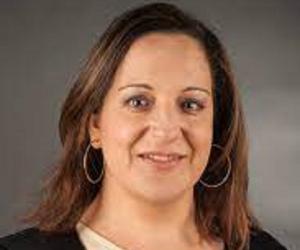
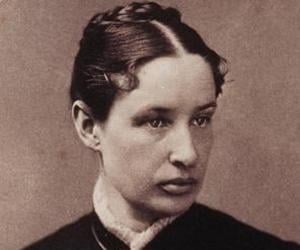
Best remembered for establishing the New York Consumers League, Josephine Shaw Lowell believed that charity shouldn’t just relieve people’s suffering but also help people in overcoming their misery by rehabilitating them. She was also the first female commissioner of the New York Charities Commission and campaigned for women’s rights.

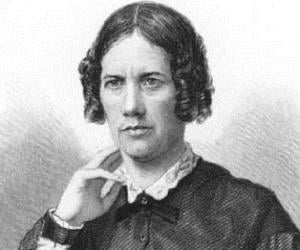
Known for her involvement in various anti-slavery and women’s empowerment campaigns, Frances Dana Barker Gage was a prominent American social reformer. She was also associated with the farmers’ papers Ohio Cultivator and Field Notes. She also worked toward achieving women’s voting rights and property rights.
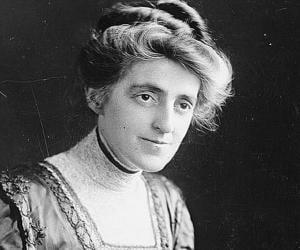
Apart from being a prominent Progressive Era social reformer, Sophonisba Breckinridge also created history by becoming the first female to be named to the Kentucky bar and the first woman PhD holder in political science and economics at the University of Chicago. She also launched the journal Social Service Review.
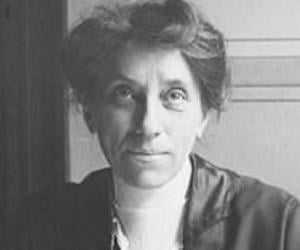
Born to a well-known lawyer, Julia Lathrop initially worked in her father’s law office and later turned into a full-fledged social reformer working on areas such as education and children’s welfare. She also created history by serving as the first director of the U.S. Children’s Bureau.
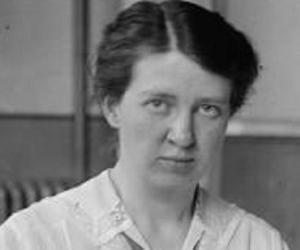
Dutch-American social reformer Mary Van Kleeck is remembered for her relentless work for female factory workers and child laborers. She also headed the department of international studies of the Russell Sage Foundation for more than 3 decades. She supported Soviet socialism and also penned books such as Creative America.

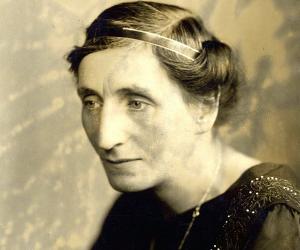
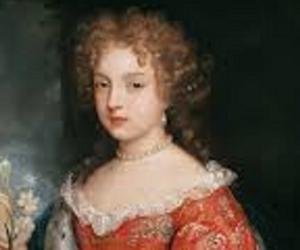
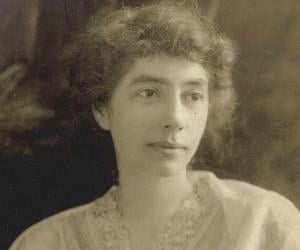
Madeline McDowell Breckinridge is best remembered for leading the women's suffrage movement in Kentucky. Mostly involved with campaigns related to children’s and women’s rights, she also established the Lexington Civic League, geared toward controlling child labor and upliftment of poor children. She was also associated with efforts to prevent tuberculosis.
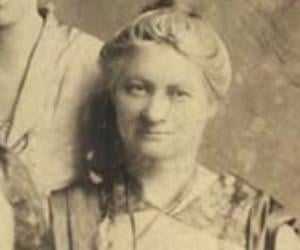
Born to parents who were early Jewish settlers in Chicago, Hannah G. Solomon grew up to be an iconic figure of women’s empowerment in the US. She established the National Council of Jewish Women, modeled on an elite women’s club, to bring about social change and improve the lives of women.
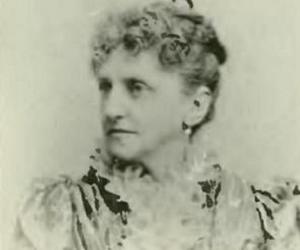
Initially a novelist, Lillie Devereux Blake later devoted her life to the cause of women’s suffrage and empowerment of women. Raised in an affluent neighborhood, she was taught in the best schools. She had taken to writing after finding herself in a financial crisis following her husband’s suicide.
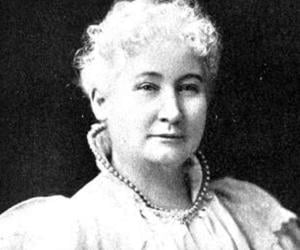
May Wright Sewall was a social reformer committed to the causes of women's rights, education, and world peace. She was passionately involved in the woman's suffrage movement. Besides her work as a social reformer, she also founded the Girls' Classical School in Indianapolis along with her second husband. She was active in the American Peace Society in her later years.
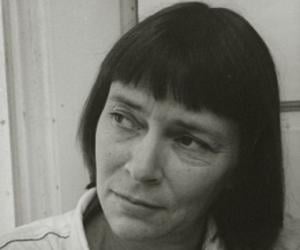
Feminist social reformer Barbara Deming started her career as a firebrand journalist, writing for publications such as the New Yorker and Vogue. Obsessed with the works of Gandhi, she later started campaigning for peace and civil rights, and also formed Money for Women. She was also an open lesbian.
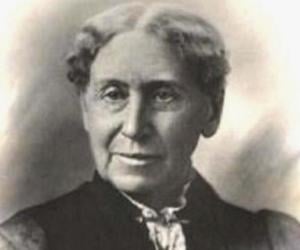
Annie Turner Wittenmyer is remembered for his association with the temperance movement and for supplying medical aid and food to soldiers during the Civil War. Widowed in her youth, she devoted her entire life to relief work and even headed the Iowa State Sanitary Commission.
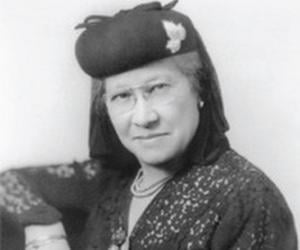
Social reformer and civil rights activist Lugenia Burns Hope is remembered for launching the social welfare association Neighborhood Union, dedicated to the upliftment of Black women. She had also worked to secure equality for Black soldiers during World War I. She was later named to the Georgia Women of Achievement.

Welfare worker Lizzie Black Kander is best remembered for penning a popular cookbook, The Settlement Cookbook, which helped her raise funds for her Milwaukee settlement house and had sold over a million copies by the 1970s. She also worked to offer vocational training to women and children.
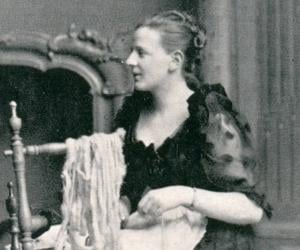
Elizabeth Sanderson Haldane was a Scottish philosopher, biographer, author, nursing administrator, suffragist, and social welfare worker. In 1920, Haldane became the first woman to serve as a Justice of the Peace in Scotland. A popular figure, Elizabeth Haldane is also remembered for her friendship with famous personalities like Queen Alexandra, George Meredith, and Matthew Arnold.
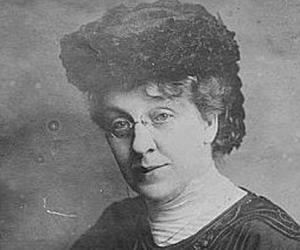
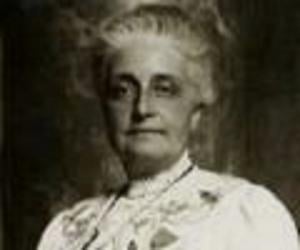
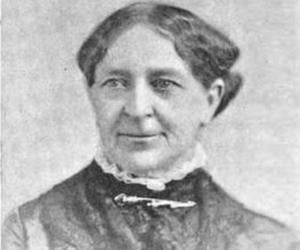
Reformer Caroline Severance is best known for establishing women’s clubs in the US. A champion for women’s rights and women’s suffrage, she was also an abolitionist. Along with her husband, she formed the Independent Christian Church. She was also the first female to join the Parker Fraternity Course.
